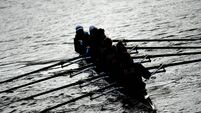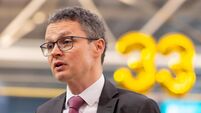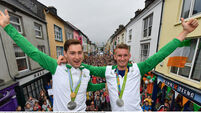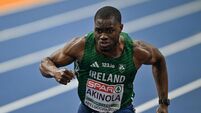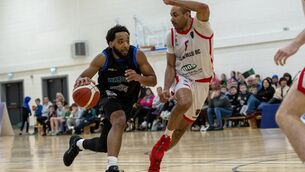Olympic medallist Philip Doyle embraces rowing identity after 12 years, and eyes Cork move
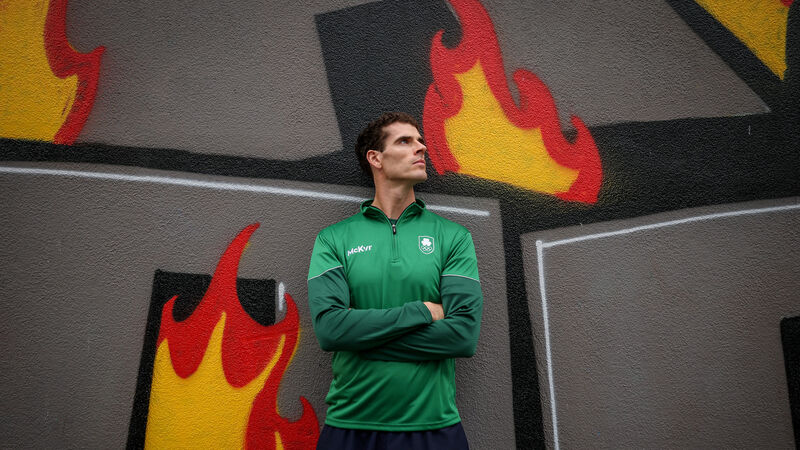
Has Philip Doyle been selected for a six-year emergency medicine consultancy scheme, chances are he'd now be an ex-rower rather than one planning for the 2028 Olympics Games in LA. Pic: ©INPHO/Dan Sheridan
Identity is a funny thing. The picture we hold of ourselves doesn’t always chime with how others see us.
Philip Doyle has won an Olympic medal and three more at various World Championships. He is a dozen years down the road in his journey as an elite sportsman, a face and a name we have come to know and associate from his world-class performances on the water.




